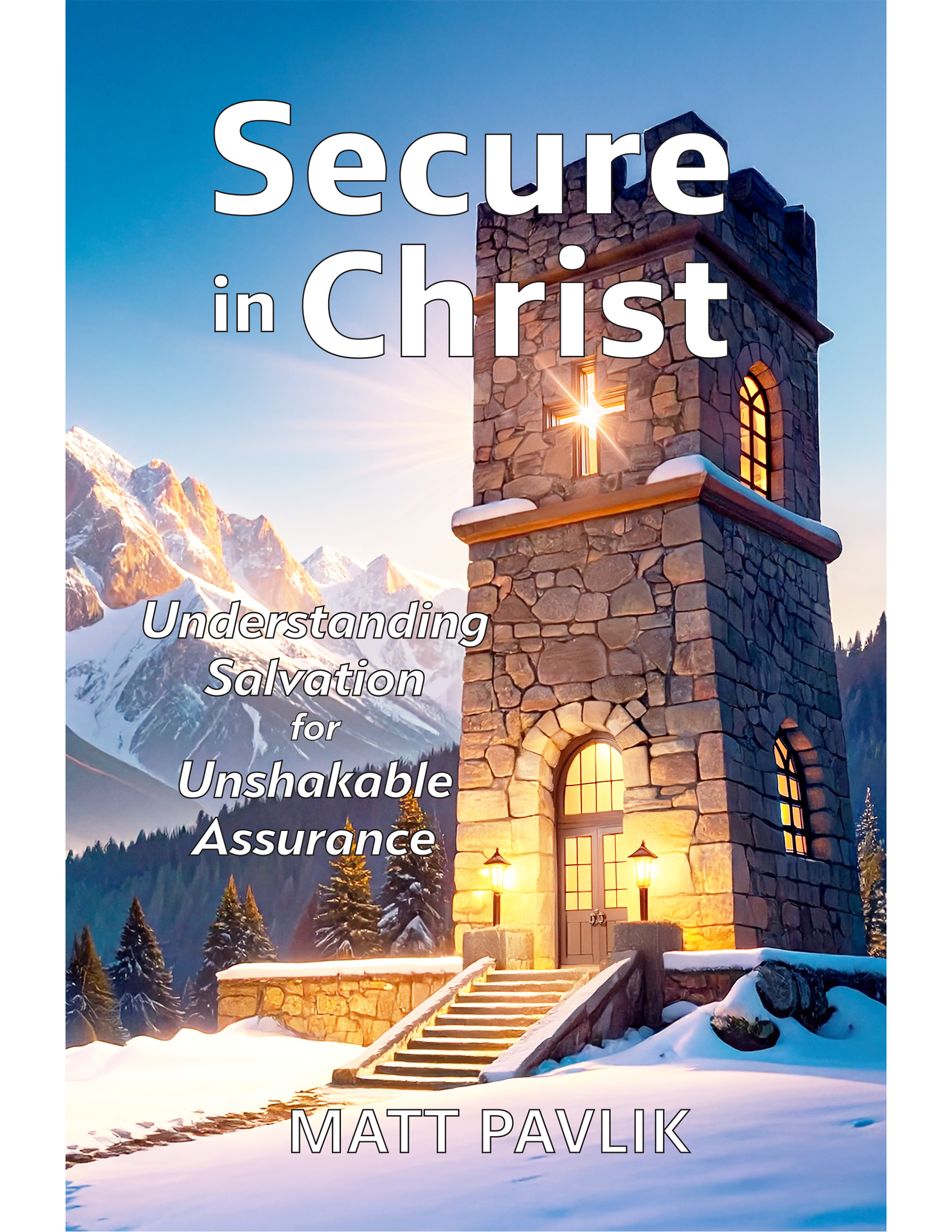How grace rebuilds your trust after a costly compromise. The road to recovery can be long, but it’s worth the effort.
Deception Erodes Trust
Recently, I missed a meeting—just a scheduling mistake. With time to spare, I wandered past a bookstore and felt the tug to step inside. I wasn’t looking for anything, just passing time. Ten minutes later, I walked out with three books I hadn’t planned to buy. They were on sale, and two were Christian titles. That makes it okay… right?
There was no pressure. No clever pitch. Just quiet curiosity. But later I realized: this is how deception often works.
If Satan were a salesman, he wouldn’t lead with blatant evil. He’d offer something good, cloaked in logic that feels reasonable. “Books are for learning. Surely God doesn’t want you to stay ignorant?”
The deceiver doesn’t shove. He suggests. He rebrands desire as wisdom, indulgence as growth. He offers reasons that feel noble while eroding trust. And it’s not really about books—it’s about how innocent decisions can quietly plant seeds of doubt.
Satan’s Whisper Erodes Trust
Satan doesn’t announce his lies—he murmurs them. He doesn’t need control—just enough permission to shift your gaze.
In Eden, he didn’t accuse—he suggested. He framed God as withholding, twisting truth just enough to create suspicion. That whisper hasn’t changed. It still echoes:
- You deserve more.
- God hasn’t been fair.
- Why would a good God allow this?
Sometimes it hides behind self-doubt: I’m not enough. God must be disappointed.
Sometimes it rides on unhealed hunger: I need more success. More control. Just one more click, one more step to feel secure.
Every whisper shares one root: God is not perfectly good.
The All-or-Nothing Nature of Trust
God doesn’t ask us to trust Him halfway. Either He’s completely good, or He’s not trustworthy at all. A God with even a trace of darkness would no longer be safe. If He could change, lie, or withhold without purpose, then what hope remains?
The deceiver doesn’t need to unravel our theology in one stroke. He just has to convince us that God is slightly less than perfect—just enough for fear, suspicion, and control to creep in.
Once you entertain the idea that God may not be fully good, your foundations start to crumble. Doubt spreads. Security fades. You begin to search for goodness elsewhere—in performance, people, possessions.
This is why trusting God’s character is not abstract theology—it’s daily survival.
Those who know your name trust in you,
for you, Lord, have never forsaken those who seek you.
Psalm 9:10 NIVHealing the Trust Deficit
If you’re struggling to believe that God is good, you may be experiencing a positive experience deficit—a soul-level hunger for reassurance that God hasn’t abandoned you. And that deficit can’t be ignored or stuffed down with more information. It needs healing.
Ask God to show you His goodness again—not in grand gestures, but in the small kindnesses you’re tempted to overlook. A timely word from a friend. A moment of peace in your day. A Scripture that pierces through your fog.
Even a glimpse of God’s goodness can rekindle your trust. Because if He’s good in one place, He must be good everywhere. His character is indivisible. And when that goodness begins to live in you—not just as doctrine, but as experience—it reshapes how you see pain, identity, and even failure.
But blessed is the one who trusts in the Lord,
whose confidence is in him.
They will be like a tree planted by the water
that sends out its roots by the stream.
It does not fear when heat comes;
its leaves are always green.
It has no worries in a year of drought
and never fails to bear fruit.
Jeremiah 17:7-8 NIVLeaning into Trust
How would your self-image change if you believed—fully and without reservation—that God is perfectly good? What decisions would you make differently? What fears could you lay down?
The deceiver wants you to second-guess God’s heart. But the Spirit invites you to rest in it. You don’t have to earn God’s goodness. You just have to taste it. Let it anchor you. Let it silence the hiss that says, God is holding out on you. He isn’t. He never has.
Overflowing Trust
Trust isn’t just a shelter—it’s a spring. When you’ve tasted God’s goodness in weakness, your confidence shifts from striving to resting. And when trust stops being conditional—based on outcomes, feelings, or performance—it becomes generative. It bears fruit even in drought.
The same Spirit who whispered comfort when you were compromised is now anchoring you in clarity. What once felt fractured is now fertile. What once felt shameful is now sacred—a testimony of grace rebuilding what deception tried to erode. This is the paradox of redemption:
- The compromise becomes a classroom.
- The whisper becomes a warning bell.
- The deficit becomes overflow.
God doesn’t just restore your trust—He refines it. And when you trust His character fully, fear loses its voice.
May the God of hope fill you with all joy and peace as you trust in him, so that you may overflow with hope by the power of the Holy Spirit.
Romans 15:13 NIV
Learn more about how to trust God.
Image generated by author using copilot.
Last updated 20250803
Matt Pavlik is a professional counselor, author, and devoted follower of Christ. With decades of experience in Christian counseling, he writes with theological depth and everyday clarity. His resources—centered on salvation, identity, marriage, and emotional healing—are anchored in Scripture and guide believers to discover the freedom of their identity in Christ and the security of their salvation in Him. He and his wife Georgette, married since 1999, live in Centerville, Ohio, and have four adult children.




Leave a Reply